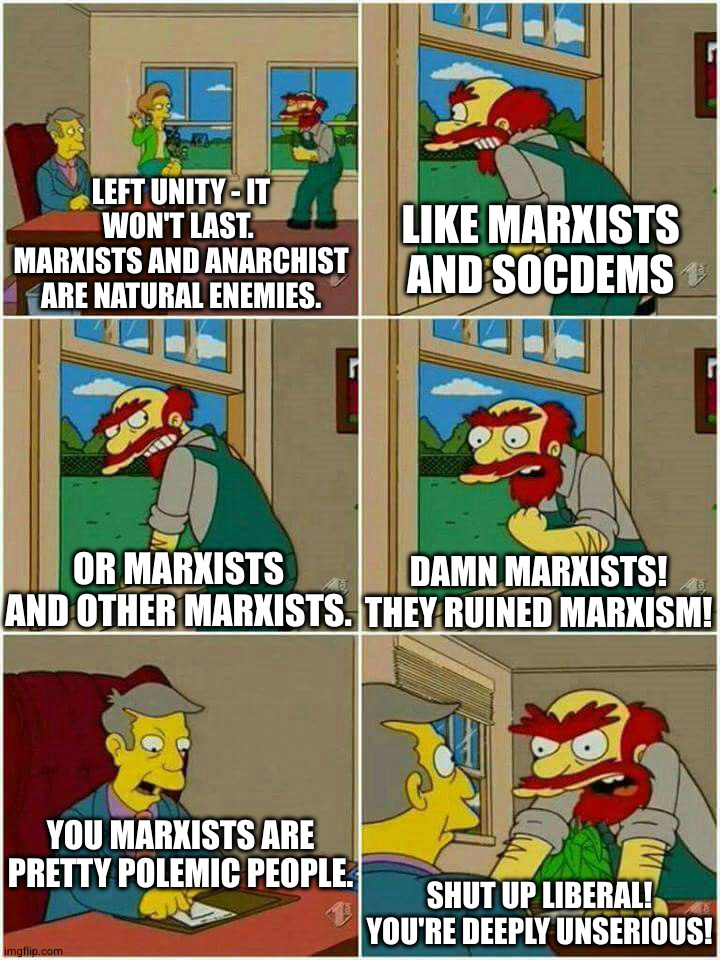You mean the novel by Ursula LeGuin? I haven't read it yet, but I like her style. I think the group wants a non-fiction book, but I'll put it on my own reading list
don't Platonists think that the shapes we observe in the world are projections of or related in some way to ideal shapes that lives in the world of ideas
Yes, exactly. It's also called the world of forms, but the greek word is idea. But it has not the same meaning as idea in English. Platos ideas or forms are universals. They aren't ideas in a human mind or any other mind. They just are.
So there are two main categories of ontological idealism: subjective and objective (I had to look these terms up). The subjective one has the ideas in our human minds be all (we can say about) reality. Like in phenomenalism. Plato would reject that, because to him the forms were really existing outside our minds.
The objective kind of idealism has ideas in some kind of non-human mind like God or Hegels universal Spirit. Plato didn't have that. So neither definition fits.
Some people would still describe him as idealist, but that's anachronistic. What we now call idealism developed later. Personally, I think Plato himself was neither a materialist nor an idealist, but he was a realist. Later, neoplatonists and then Christian platonists started thinking of the forms as ideas in the mind of "the one" or of God. They were idealists and they relied heavily on Plato, so there is an affinity.
We could talk about historical or political idealism and I'd have to admit, that Plato definitely thought good ideas would lead to good politics (he wanted a philosopher king). So he definitely was an idealist in that sense. About historical idealism I'm not quite sure, but probably at least somewhat.
realism is a type of materialism
I agree that there are many types of materialisms. It's usually understood the other way around though. Realism is the position that there is a reality outside our minds. Any materialist philosophy holds, that this reality is fundamentally made out of matter. So every materialism is realism, but not every realism is a materialism. For example platonic realism has forms as the primary constituents of reality instead of matter. So there are different kinds of realism too and not all are materialist.
scientism is idealist not materialist
Yes, totally. Many people don't get that, but I agree. I'm just saying some people might take the meme as an example of scientism, but I know that wasn't intended. It's not important anyway. I think the audience here gets it.
through many experiments we conclude that it is reasonable to assert that the material world exist outside our minds and independently from them. So I'm not disagreeing with you here.
Yeah, we're on the same page 😊
Well, they certainly are welcoming.
That's not materialism, that's realism, maybe a bit like Roy Bahskars critical realism. And in this meme format it can even give the unintended impression of leaning towards scientism. Scientism can itself lean towards bourgeois idealism, if it sees science as neutral, static and apolitical or assumes the existence of a definitive and unchanging scientific method.
Materialism is usually realist, but Marx justified his realist stance more with appeal to praxis than to science. Both is fine. Any marxist materialists would of course situate science in the social totality and affirm the many ways it is itself shaped by contradictions and class struggle.
Many later marxists would also reject metaphysical proof of ontological realism. They'd take a weaker realist stance motivated by probability and practicality instead of absolute proof in order to apply materialism in praxis.
Thanks for this great post
Question: My leftist friend who only just recently started maybe identifying as communist has a book club. They just finished "Why Vegan?" by Peter Singer and now he invited me to join for the last session on that book next week and to bring book suggestions for the next read. The group consists of a mix of liberal to leftish to leftist with an academic background in history. But no marxists, anarchists or MLs. The decision which book to read will be reached by consensus. Which books can I suggest to maximize my chances of effectively radicalizing the most people? And of one of my books being picked at all... And how should I make my case for the book?
It should probably not be too dense or long. Something on Palestine? Something by Lenin? Something from a non-cis/non-male/non-white Marxist? Something against imperialism or for trans/queer liberation? Any input welcome.
Thanks! So it's arctic sea ice area measured by "satellite-borne passive microwave sensors".
Is this graph about ice? It's not titled.
Preach! I'll be sure to use this in real life.
I tried to research that, but couldn't find anything. Seems they quickly rot, even at moderately warm temperatures. I have to call bullshit.
woodenghost
0 post score0 comment score



Thanks! I think beyond pink or blue has a good chance of being accepted and I already started reading it once and it's definitely on my list.
The Jakarta Method sounds good too.